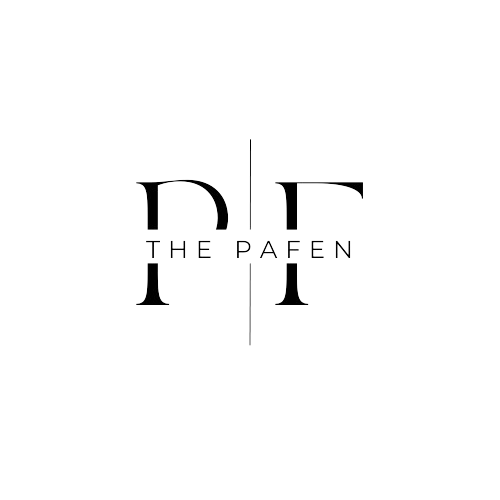Introduction:
Perfume, the invisible accessory that has the power to evoke memories, create an aura, and leave a lasting impression. It’s a magical elixir that transcends time and culture, capturing the essence of emotions and experiences. In this olfactory exploration, we delve into the fascinating world of perfumes, uncovering the history, the artistry, and the science behind these bottled enchantments.
The Art of Perfumery:
Perfumery is a delicate art form that combines creativity, chemistry, and a deep understanding of various scents. Perfumers, often referred to as “noses,” skillfully blend different aromatic compounds to create a harmonious and unique fragrance. The palette of ingredients is vast, ranging from floral and fruity notes to woody and oriental accords.
The Journey Through History:
The origins of perfume can be traced back to ancient civilizations. The Egyptians, Greeks, and Romans were among the first to indulge in fragrances, using scented oils for religious rituals and personal adornment. With time, perfumery evolved into an intricate craft, reaching its pinnacle during the Renaissance when master perfumers like Catherine de’ Medici brought the art to new heights in Europe.
The Industrial Revolution marked a significant turning point, allowing for the mass production of perfumes. Iconic fragrance houses, such as Chanel, Guerlain, and Dior, emerged, each leaving an indelible mark on the world of perfumery. The 20th century witnessed the rise of celebrity-endorsed scents, adding a new dimension to the industry.
The Fragrance Families:
Perfumes are categorized into distinct fragrance families based on their dominant notes. The four main families are floral, oriental, woody, and fresh. Each family has numerous subcategories, contributing to the vast diversity in the world of perfumery. Whether you’re drawn to the timeless elegance of florals or the warmth of oriental blends, there’s a fragrance to suit every individual preference.
The Psychology of Scents:
The power of fragrance goes beyond its ability to please the olfactory senses; it also influences our emotions and perceptions. Studies have shown that certain scents can evoke specific memories and alter moods. Lavender, for example, is often associated with relaxation, while citrus scents can be invigorating. Perfume becomes a personal signature, reflecting one’s personality and leaving a lasting imprint on those encountered.
Choosing the Perfect Perfume:
Selecting the right fragrance is a deeply personal experience. Factors such as skin chemistry, lifestyle, and individual preferences play a crucial role. It’s essential to consider the longevity of the scent, the seasonality, and whether it complements your natural body odor. Sampling and testing different perfumes on your skin allow you to discover the one that resonates with you.
Conclusion:
Perfume, with its rich history and diverse array of scents, is a testament to the intricate interplay between art and science. From ancient rituals to modern-day indulgences, fragrances have the power to transcend time and create lasting impressions. As we navigate the fragrant journey through history, one thing becomes clear: perfume is not just a product; it’s an expression of identity, a source of joy, and a timeless accessory that continues to captivate and enchant.
